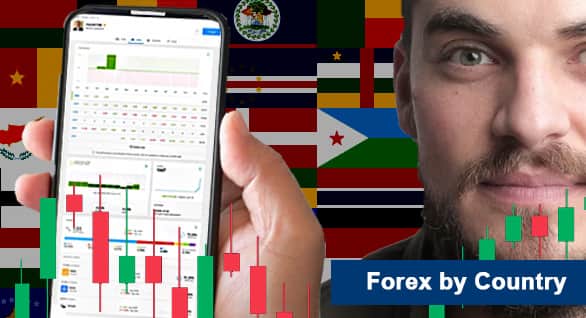Introduction:
Foreign exchange reserves, the financial assets denominated in foreign currencies held by central banks and other monetary authorities, serve as a crucial lifeline for countries in today’s globalized economy. These reserves play a pivotal role in stabilizing exchange rates, facilitating international trade, and bolstering economic resilience. Let’s dive deep into the multifaceted ways in which a country can accumulate and leverage its foreign exchange reserves for economic prosperity.

Image: www.youtube.com
Exports:
One of the primary avenues through which a nation acquires foreign exchange is through exports. When domestic firms sell goods and services to foreign buyers, they receive payments in foreign currencies, thereby increasing the country’s foreign exchange reserves. A robust export sector not only boosts economic growth but also generates employment opportunities and fosters global economic interconnections. Some of the leading export-oriented countries, such as Germany, China, and Japan, have built their economic prowess on the foundation of a vibrant export sector.
Tourism:
Tourism plays a significant role in amassing foreign exchange reserves. When foreign visitors spend money within a country to partake in its cultural heritage, natural landscapes, or urban attractions, they contribute to the country’s foreign exchange earnings. Developing infrastructure, enhancing security measures, and promoting cultural uniqueness can galvanize the tourism industry, generating substantial foreign currency inflows. Countries like France, Spain, and Thailand have capitalized on their rich cultural legacies to transform themselves into major tourist destinations.
Foreign Aid and Remittances:
Foreign aid, often provided by international organizations or wealthy countries to support economic development and alleviate poverty in developing nations, can also augment a country’s foreign exchange reserves. Furthermore, remittances, the money sent by migrants back to their home countries, have become a substantial source of foreign income, particularly for developing economies. These inflows help bolster living standards, fund essential projects, and inject foreign currency into the economy. India, the Philippines, and Mexico, for instance, rank among the largest recipients of remittances worldwide.

Image: comparebrokers.co
Foreign Direct Investment (FDI):
Foreign direct investment, a direct investment made by a company or individual in a foreign country, is yet another important channel for accumulating foreign exchange reserves. When foreign entities establish or acquire businesses within a country, they bring capital, technology, and expertise, contributing to economic growth and development. FDI also facilitates knowledge transfer, fosters innovation, and creates employment opportunities, impacting the overall economic landscape. Countries like Singapore, Ireland, and the Netherlands have meticulously crafted policies to attract FDI, reaping significant economic benefits.
International Reserves Management:
Once a country has acquired foreign exchange reserves, managing these reserves effectively is essential. Central banks, with the mandate to maintain monetary stability and prudently manage public funds, deploy a range of strategies to optimize these reserves. They invest in highly liquid, low-risk assets denominated in stable foreign currencies, such as U.S. Treasury bills or bonds. This enables them to preserve the value of the reserves while earning additional income through interest. Diversification of investments across multiple currencies and asset classes further mitigates risks and enhances returns.
How A Country Earn Forex
Conclusion:
Foreign exchange reserves are crucial for countries to navigate the challenges of a dynamic global economy. By engaging in exports, developing their tourism sectors, attracting foreign aid and remittances, and welcoming foreign direct investment, countries can build robust foreign exchange reserves. The effective management of these reserves, guided by prudent investment practices, safeguards their value and generates income. Countries that prioritize this strategic management of foreign exchange enjoy greater economic stability, financial flexibility, and opportunities to invest in sustainable development for the benefit of their citizens.






